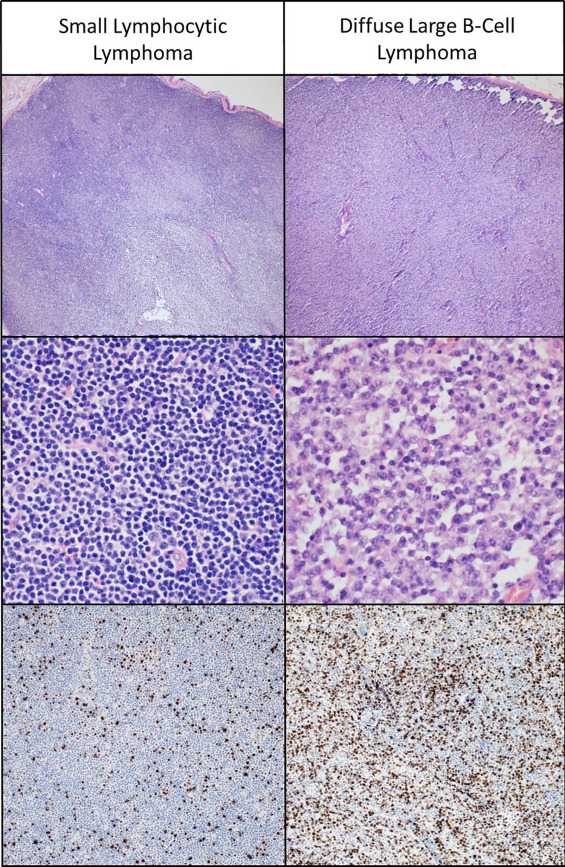Introduction to Small Lymphocytic Lymphoma (SLL)
Small Lymphocytic Lymphoma (SLL) is a type of non-Hodgkin lymphoma characterized by the presence of small, mature lymphocytes. It closely resembles Chronic Lymphocytic Leukemia (CLL) but differs in its primary location of manifestation. SLL typically originates in the lymph nodes, whereas CLL is primarily found in the blood and bone marrow. Despite their differences in presentation, both conditions are treated similarly, which has led to significant advancements in SLL therapy.
Current Market Overview
The Small Lymphocytic Lymphoma therapy market has witnessed substantial growth in recent years, driven by an increased understanding of the disease, advancements in medical research, and the development of novel therapies. The market comprises various treatment options, including chemotherapy, targeted therapy, immunotherapy, and stem cell transplantation. The increasing prevalence of SLL, coupled with the rising demand for effective treatment options, is fueling market expansion.
Key Therapies and Treatment Options
Chemotherapy
Chemotherapy has long been a cornerstone in the treatment of SLL. It involves the use of drugs that kill rapidly dividing cells, including cancer cells. Common chemotherapy agents used in SLL treatment include fludarabine, cyclophosphamide, and bendamustine. While effective, chemotherapy often comes with significant side effects, leading to a continuous search for more targeted and less toxic therapies.
Targeted Therapy
Targeted therapy has revolutionized the treatment landscape for SLL. These therapies specifically target cancer cells while sparing healthy cells, resulting in fewer side effects compared to traditional chemotherapy. Bruton’s tyrosine kinase (BTK) inhibitors, such as ibrutinib and acalabrutinib, have shown remarkable efficacy in treating SLL. Other targeted therapies include PI3K inhibitors and BCL-2 inhibitors, which have demonstrated promising results in clinical trials.
Immunotherapy
Immunotherapy harnesses the body’s immune system to fight cancer. Monoclonal antibodies, such as rituximab and obinutuzumab, are commonly used in SLL treatment to target specific antigens on the surface of cancer cells. Additionally, chimeric antigen receptor T-cell (CAR-T) therapy, a cutting-edge immunotherapy, has shown potential in treating SLL, although it is primarily used for more aggressive forms of lymphoma.
Stem Cell Transplantation
For patients with refractory or relapsed SLL, stem cell transplantation may be considered. This procedure involves the replacement of diseased bone marrow with healthy stem cells, either from the patient (autologous transplant) or a donor (allogeneic transplant). While potentially curative, stem cell transplantation is associated with significant risks and is typically reserved for patients who have not responded to other treatments.
Market Drivers and Challenges
Drivers
Several factors are driving the growth of the SLL therapy market. These include the increasing prevalence of SLL, advancements in medical research, the introduction of novel therapies, and improved diagnostic techniques. Additionally, rising awareness among healthcare professionals and patients about the latest treatment options is contributing to market expansion.
Challenges
Despite the positive outlook, the SLL therapy market faces several challenges. High treatment costs, potential side effects of therapies, and the need for long-term follow-up care are significant concerns. Moreover, the development of resistance to targeted therapies and the limited availability of CAR-T therapy are also obstacles that need to be addressed.
Get FREE Exclusive PDF Sample Copy of This Report: https://dataintelo.com/request-sample/404164
Future Outlook
The future of the SLL therapy market looks promising, with ongoing research and development aimed at discovering more effective and less toxic treatment options. Advances in personalized medicine, the exploration of combination therapies, and the development of novel immunotherapies are expected to drive further growth. Additionally, the increasing focus on patient-centered care and the integration of digital health technologies will likely enhance treatment outcomes and improve the quality of life for SLL patients.
Some of the companies that are profiled in this report are:
- Sanofi
- Pfizer
- Bayer
- Johnson & Johnson Private
- F. Hoffmann La Roche
- Merck
- AbbVie
- Teva Pharmaceutical Industries
- Astellas Pharma
- Allergen
- Amgen
- Novartis
- GlaxoSmithKline
- AstraZeneca
- Eli Lilly
- Bristol Myers Squibb
- Daiichi Sankyo Company
